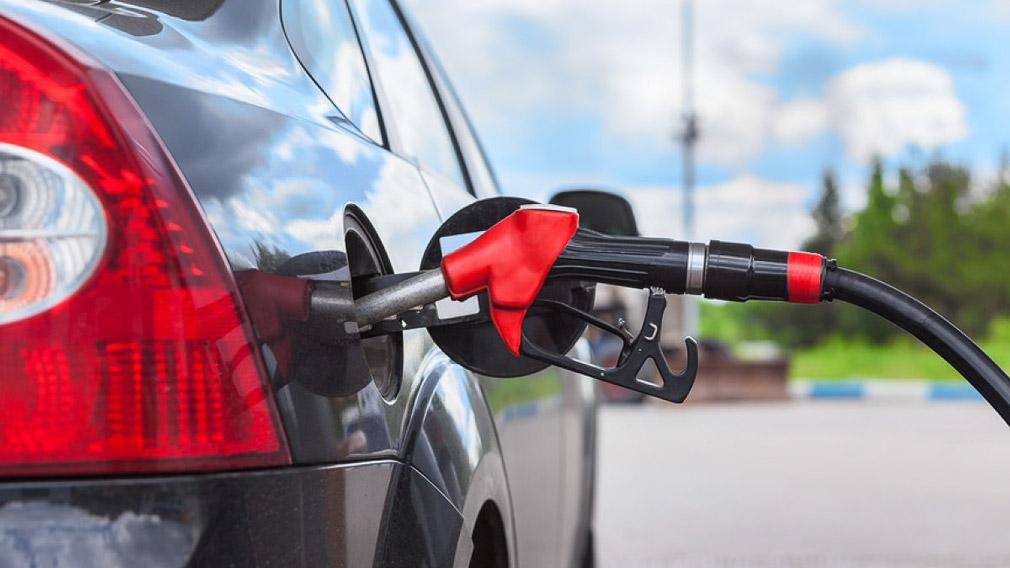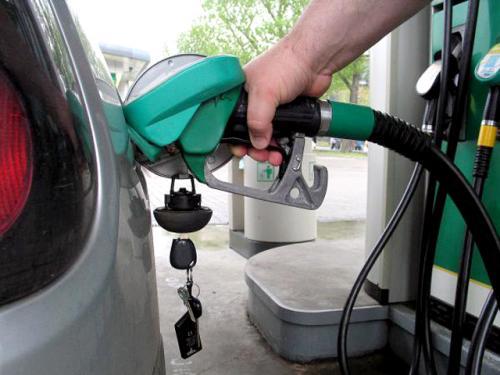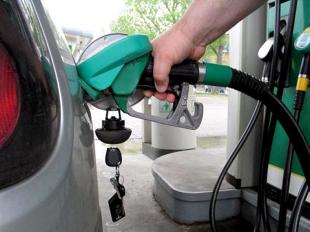
Refueling error
 Accidentally filling the tank with the wrong fuel is not always, but very often can have costly consequences.
Accidentally filling the tank with the wrong fuel is not always, but very often can have costly consequences.
 Refueling errors happen, and not infrequently, with around 150 fill-ups with the wrong fuel every year in the UK alone. There are many reasons for such behavior of drivers. It is easiest to pour gasoline into the diesel tank because the tip of the "gasoline gun" fits easily into the diesel filler hole. On the other hand, pouring crude oil into gasoline from a fuel dispenser is much more difficult, but it happens.
Refueling errors happen, and not infrequently, with around 150 fill-ups with the wrong fuel every year in the UK alone. There are many reasons for such behavior of drivers. It is easiest to pour gasoline into the diesel tank because the tip of the "gasoline gun" fits easily into the diesel filler hole. On the other hand, pouring crude oil into gasoline from a fuel dispenser is much more difficult, but it happens.
In addition, refueling errors do not only occur at gas stations. For example, the wrong fuel may get into the tank from a spare canister. Pouring gasoline into diesel fuel is the most harmful thing. Fortunately, the black scenario does not always come true. Much depends on the amount of inappropriate impurities and the moment when the driver realized his mistake. The design of the engine is also important, especially in the case of diesel units. It is also worth knowing the factors that contribute to making mistakes in order to avoid them.
Gasoline - the horror of modern diesels
Fuel pumps in diesel engines are characterized by very high manufacturing precision, they create high pressure (even up to about 2000 atmospheres) and are lubricated by the suction and pumped fuel. Gasoline in diesel fuel acts as a lubrication-restricting solvent, which can lead to mechanical damage due to metal-to-metal friction. In turn, metal particles abraded in this process, pressed together with fuel, can cause damage to other parts of the fuel system. Some seals are also affected by the presence of gasoline in diesel fuel.
The longer a modern diesel engine has been running on fuel mixed with gasoline, the greater the damage and, consequently, the cost of repairs.
Gasoline in crude oil - how to deal with it
Experts leave no illusions and recommend removing even the smallest amount of gasoline that has got into diesel fuel, as well as cleaning the entire fuel system and filling it with the correct fuel before restarting the engine.
Therefore, the moment when the driver discovers that he has filled in the wrong fuel is of paramount importance. If near the distributor, be sure not to turn on the ignition, let alone start the engine. The vehicle must be towed to a workshop to have the diesel filled with gasoline drained from the tank. This will certainly be much cheaper than cleaning the entire fuel system, which should be carried out even after a short engine start.
Crude oil in gasoline is bad too
Unlike diesel fuel, which must be properly compressed in the engine to ignite, a mixture of gasoline and air is ignited by a spark created by a spark plug. Running a gasoline engine with crude oil in it usually results in poor performance (misfire) and smoke. Eventually the engine stops working and cannot be restarted. Sometimes it fails to start almost immediately after refueling with the wrong fuel. The engine should start smoothly after removing the gasoline contaminated with oil.
However, experts note that refueling gasoline units with direct injection can damage their fuel system. In some vehicles, after filling with oil, an increased emission of toxic compounds in the exhaust gases may be observed (signaled as part of the self-diagnosis of the OBDII / EOBD system). In this case, notify the workshop immediately. In addition, prolonged driving on gasoline mixed with diesel fuel can damage the catalytic converter.
Oil in gasoline - how to deal with
As a rule, it is recommended to clean the fuel system of any amount of erroneously filled oil. However, in the case of older gasoline engines, also without a catalyst, and when the amount of bad diesel fuel is less than 5% of the total tank volume, it is enough to fill the tank with appropriate gasoline.
If the amount of oil filled in exceeds five percent of the volume of the gas tank and you immediately discover your mistake, do not turn on the engine and even the ignition. In this case, in order for everything to be in order, the tank should be emptied and refilled with the correct fuel.
However, if the engine has been started, the entire fuel system must be drained and flushed with fresh fuel. If the error is only detected while driving, it should be stopped as soon as it is safe to do so. It is recommended that the fuel system, as in the previous case, be drained and flushed with fresh fuel. In addition, a few days after the accident, the fuel filter should be replaced.
The above tips are general, and before each specific operation, you should consult with the master.
Increased risk factors
It is easier to make a mistake when refueling if:
– at work you drive a car that runs on a different fuel than your home car, and you can forget about it;
– you have rented a car that runs on a different fuel than your own;
– you have bought a new car whose engine runs on a different fuel than your old car;
- something at this time distracts your attention (for example, a conversation with another person, an event taking place, etc.)
-You are in a hurry.
For old diesels, gasoline is not so terrible
For many years, the addition of gasoline to diesel fuel made it easier for diesels to work in winter. This was recommended by the manufacturers themselves. An example is the entry in the factory manual BMW E30 324d / td from the nineties. It has been shown that in an emergency, up to 30 percent of the volume (fuel in the tank) of regular or unleaded gasoline in vehicles with catalytic converters can be filled into the tank to prevent paraffin precipitation due to low temperatures.
Beware of biofuels
E85 – refueling a car that is not adapted to this leads to corrosion of the fuel and exhaust systems, serious disturbances in the operation of the engine and an increase in the toxicity of exhaust gases. Ethanol can also damage other materials.
Biodiesel - in diesel engines not adapted to work from it, it will not cause immediate damage, but after a while there will be malfunctions in the fuel metering control and exhaust emission control systems. In addition, biodiesel degrades lubrication, creates deposits that cause various malfunctions of the injection system.
